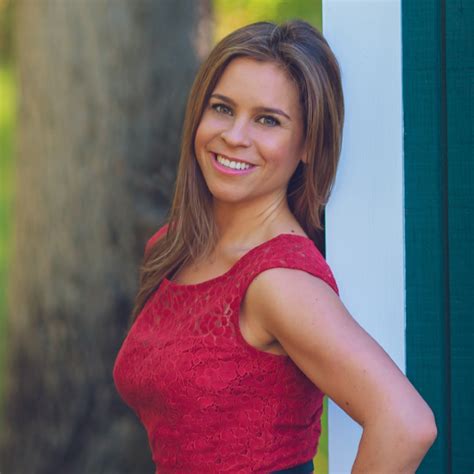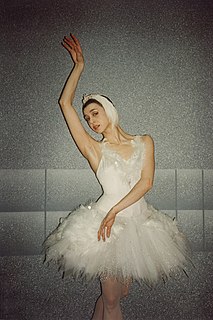A Quote by P. R. Sreejesh
The vamp, or the front of our shoes has to be a bit hard for the extra support because often during a save, our toe can end up jutting outside our leg guard.
Related Quotes
With money we really fool ourselves. We are our biggest enemies with money and there are some things we can do about it. Automatic deductions are a wonderful thing. But ideally, you should wait until the end of the month, you can see how much extra money you had, and you should put that in your savings account. We don't do that too well, and if we did that, we would never save. So, what we do, is we take money out of our pocket into the saving account at the beginning of the month, take it outside of our control and as a consequence, we spend less and we save more.
The truth is that we won’t receive the support we need until we ask for it. Just because we can do it all doesn’t mean we should. And when we don’t speak up about our needs, we’re asking our loved ones to read our minds—and then we resent them when they fail our test. By not being open and honest about the support we need, we’re selling ourselves short and setting our relationships up for failure.
Our contribution purely depends on our consciousness and our willingness to support those in need, to show vulnerability and accept the support of others, to share without expecting the credit, to give it our all and allow our hard work to decide the outcome, to understand that control can only be achieved with a shared responsibility.
We both [with Jo Andres] think that it is really important to our culture that we support all kinds of music, all kinds of theatre and all kinds of art because you never know what moves people. We've always believed that there should be a strong voice outside the commercial world. Certainly, the commercial world has a huge place in our culture and we also support that - but, we also want to support the stuff that lives outside of that.
The U.S. has a long history of walking up to the precipice of rigor and then walking away. As voters, let's support leaders who were courageous enough to make the hard decisions necessary to move our system forward. And as parents, let's put our faith in our educators, our children and tests that hold them to their highest potential.
The emotion of fear often works overtime. Even when there is no immediate threat, our body may remain tight and on guard, our mind narrowed to focus on what might go wrong. When this happens, fear is no longer functioning to secure our survival. We are caught in the trance of fear and our moment-to-moment experience becomes bound in reactivity. We spend our time and energy defending our life rather than living it fully.























